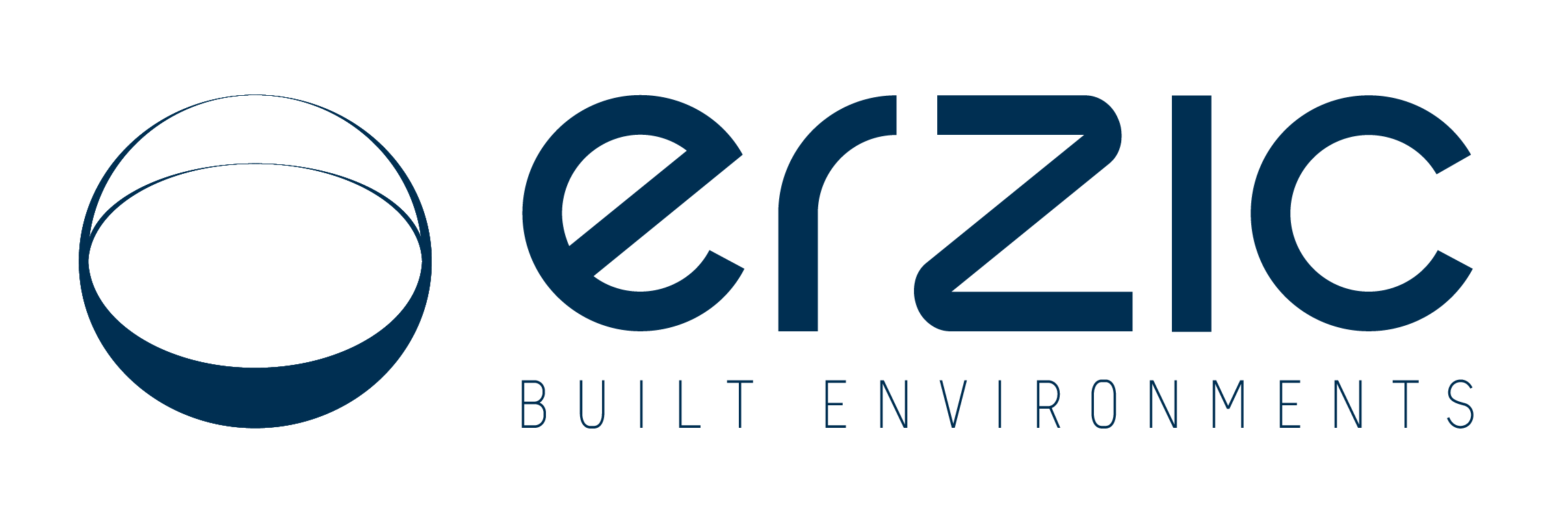EARTH ETHICS
Society: abstract manifestation formed by a group of human beings grouped around the same system of governance, legal and cultural. Group survival, improvement of the quality of life, education, health and training are just some of the basic functions that define this type of entity or organization.
As members of an increasingly globalized society, we have the opportunity to review the characteristics and values that govern our way of life. Establishing this base is a necessary step to, on the one hand, reaffirm ourselves as social animals that depend on others, and on the other hand, to project or update the qualities of said system in the context of current and future needs. The evolution of the paradigm entails an adaptation of its principles.
Develop a sense of similarity and mutual recognition within a group. Find the differences that complement social relationships and the division of labour. Identify the existing condition of interdependence among members to obtain food, shelter and security among many other needs. Address basic conflict processes to strengthen the network of social relationships and therefore the exchange of ideas. Consolidate the sense of belonging, of accepting ourselves as a natural part of something that transcends us. Dynamically and constantly update values and institutions to build new customs and philosophies. We are on a path to redefine our own culture, and therefore to rewrite the set of moral principles and rules that regulate the behaviour and relationships of the human being as an inhabitant of planet earth.
Built environment: In the social sciences, it refers to the human-modified spaces that provide the setting for their daily activities, ranging in scale from buildings and parks or green spaces, to neighbourhoods and cities. The built environment is a material, spatial, and cultural product of human labour that combines physical and energy elements for living, working, and playing. It has been defined as “the man-made space in which people live, work and recreate on a day-to-day basis”.
In this continuous revision of norms, rules, languages, tools and technologies, the built environments play a primordial role as witnesses of the timeless materialization of ourselves and as catalysts of the future that is to come. In this line, we are committed to a coherent architecture in its integration, more sustainable, equitable and socially responsible. Our study approach poses in each project an opportunity to review the system of values and customs that define the current ways of inhabiting the spaces and the cities where they are implanted.
Our main objective is to develop realities that contribute to a more conscious and resilient society with the environment. Architecture, urban planning and transformation projects that will be a benchmark in the future to come. A benchmark for working on how to implement the needs of users, enhancing their intuitions and needs through experience, scientific knowledge and technique, and that, ultimately, means providing society with instruments that help define new ethics. New Earth Ethics.
sources:
Cajal Flores, Alberto. (10 de mayo de 2017). Las 10 Características de la Sociedad Más Importantes. Lifeder.
Image: www.pexels.com

